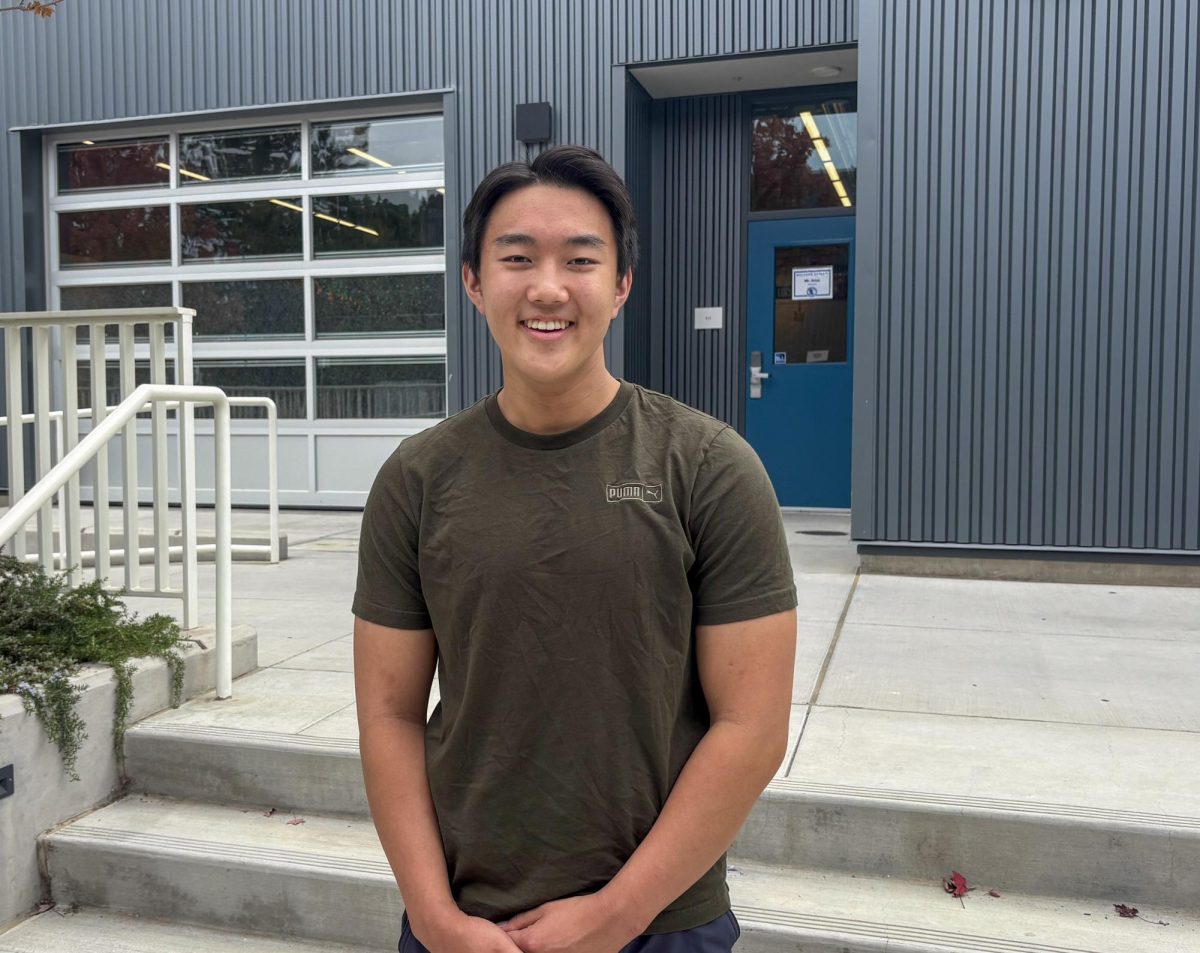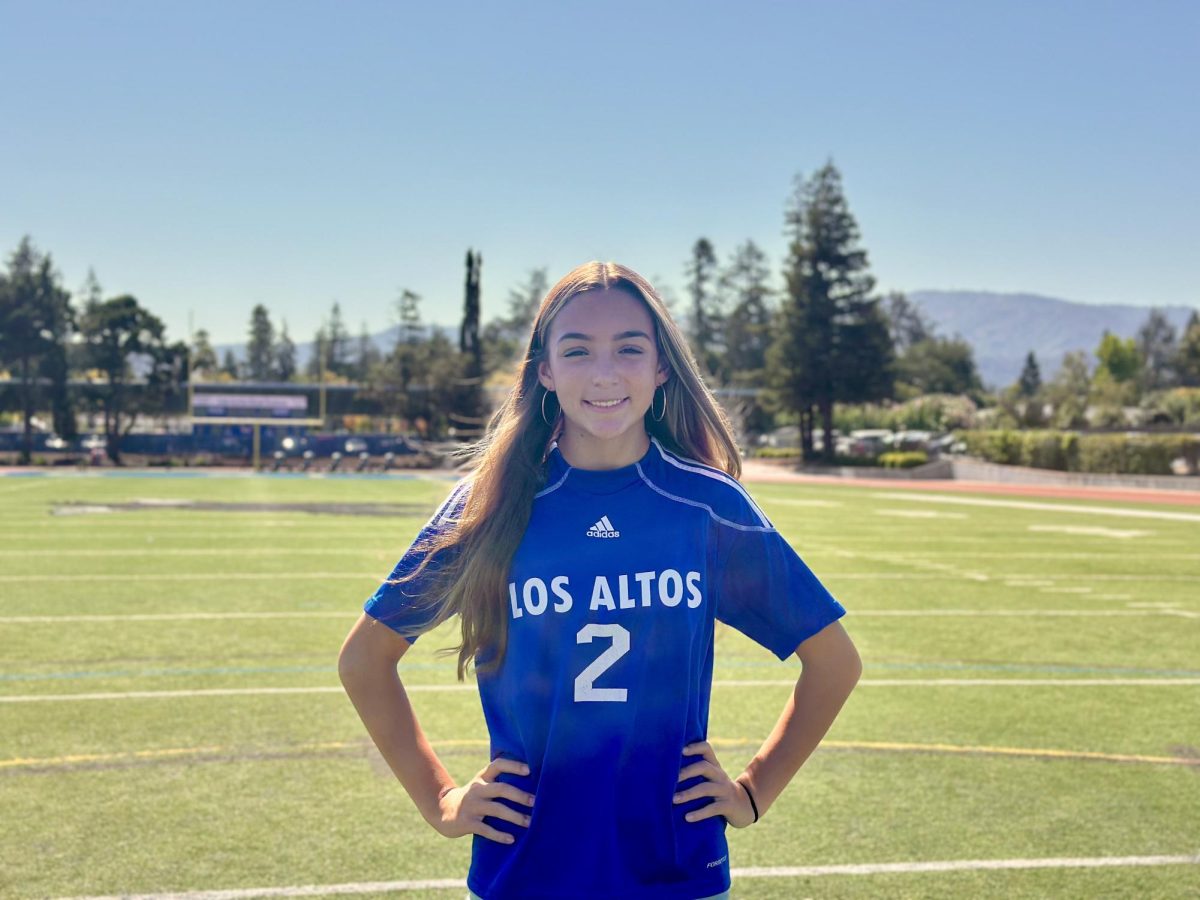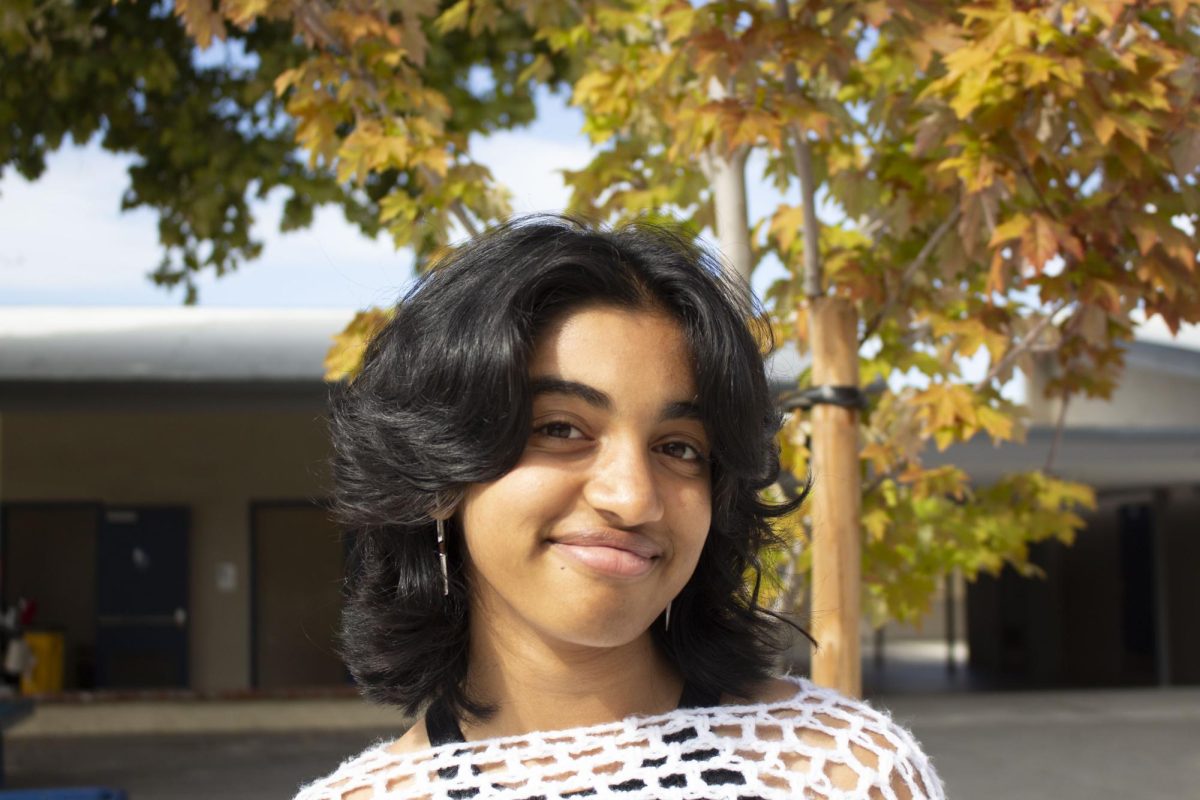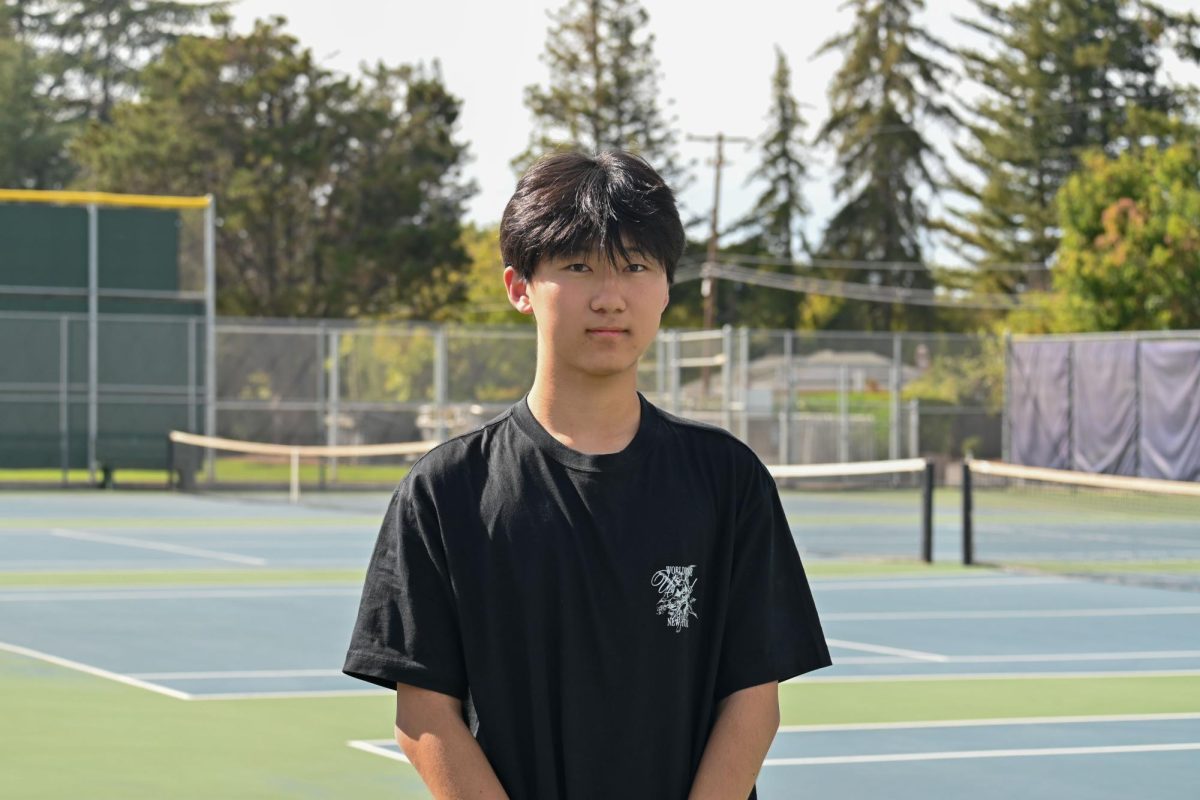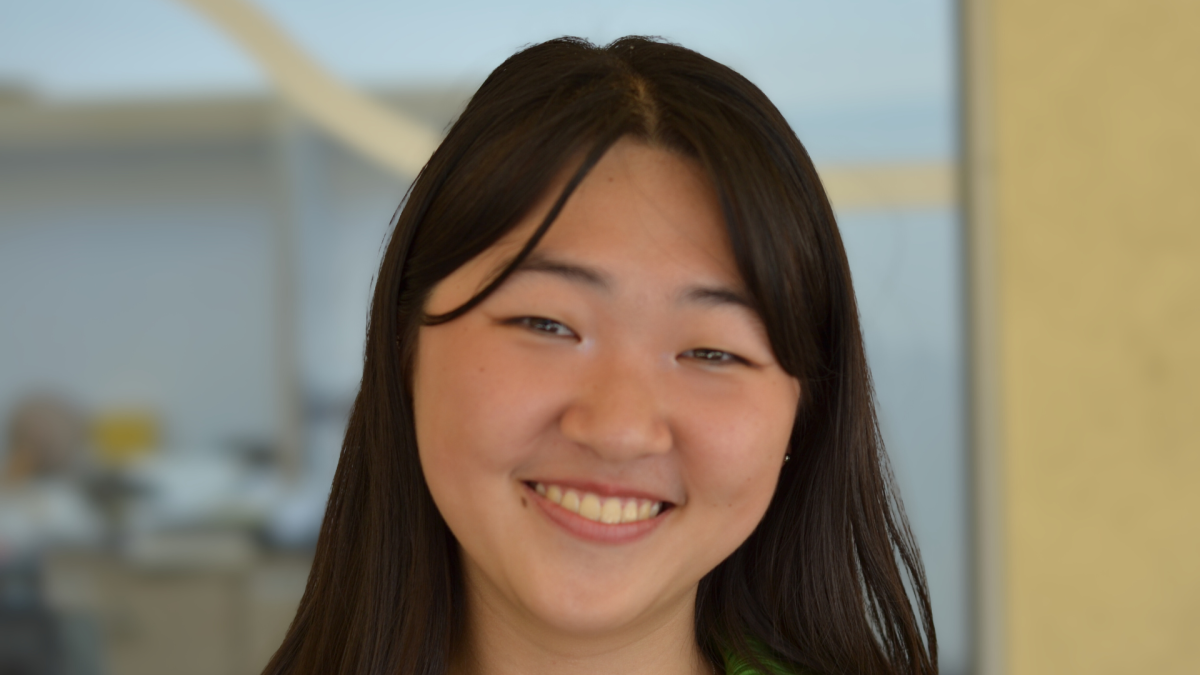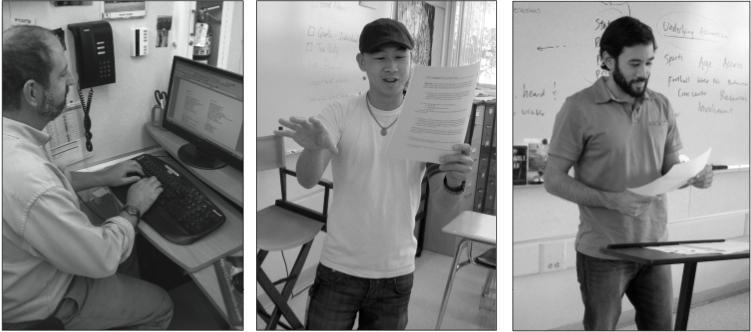
Everyone has a special way to release their emotions. For some English teachers at the school, this creative medium is poetry. English teachers put their own twists on their works, each unique in their style and forms of recitation.
Galen Rosenberg
English teacher Galen Rosenberg has been fond of poetry since childhood. However, he has been writing the most over the last 10 years. Although he does not emphasize the performance aspect of poetry, he is serious when it comes to the writing process.
“I write poetry mostly because I feel like it and I like to do it,” Rosenberg said.
Even though he may not prioritize performance poetry as much, Rosenberg acknowledges the importance of reading his poems aloud to his students.
“I’ve attended the [Poetry Slam] a couple of times,” Rosenberg said. “That’s a way to share poetry with other people.”
Rosenberg typically draws ideas for poems from his experiences and thoughts and tries to tell the story through imagery. In terms of style, Rosenberg prefers the liberties of free verse and avoids writing in a predetermined form.
“I like creating my own [poems] where there aren’t rules,” Rosenberg said.
Jonathan Kwan
Although English teacher Jonathan Kwan is known as an engaging performer of his poetry, it took him a while to discover the art.
“Growing up in a Chinese household, I was always subconsciously taught to not share my opinions and to be passive,” Kwan said. “So I never really had any creative outlets growing up in high school.”
In college, Kwan was introduced to “spoken word” poetry through friends who were writers and poets. “I felt I always had so many things to say but never really had an outlet in which to say them,” Kwan said.
Since then, he has developed his passion for poetry and uses it as a way of expressing his ideas and emotions.
Kwan finds inspiration for his poems in a variety of places. However, his poem topics have shifted in theme. When he first began to write, he looked at things that triggered his emotions, including what angered him about the world and people. Later, he elaborated on his ideas with more detailed and subtle observations about the world.
Kwan now favors spoken word poetry as it allows him to write freely in any style he wants. As much as he likes to play around with the rhythm and sounds of words in his performances, Kwan is now trying to incorporate a more authentic type of writing into them.
Ryan Ikeda
English teacher Ryan Ikeda delved into poetry in his teenage years, when he was about 14. At this time, he used poetry as an emotional release and a reservoir to contain feelings that he could not suppress.
After taking a break from poetry, Ikeda returned to it in college, where his passion for performance poetry grew. He started a group with his friends to go out on campus and perform. Ikeda took another break from poetry due to his teaching career. However, when one of his students a couple years ago wanted to hear him perform during the poetry unit he was teaching, Ikeda regained his interest in poetry.
“I thought about it, and I realized that if I’m asking my students to do this, I should be willing to do this as well,” Ikeda said.
Today the topics of his poems evolve from life occurrences.
“Now, [the topics] are more focused around an idea and usually derived from some sort of experience,” Ikeda said.
For performance style, Ikeda takes into account how his words are portrayed to the audience.
“I measure the cadence of my voice with the cadence of the words so that they work together to create a velocity to how things are projected, how the words come out,” Ikeda said. “They come out with the meanings attached to them as opposed to just coming out as words.”



